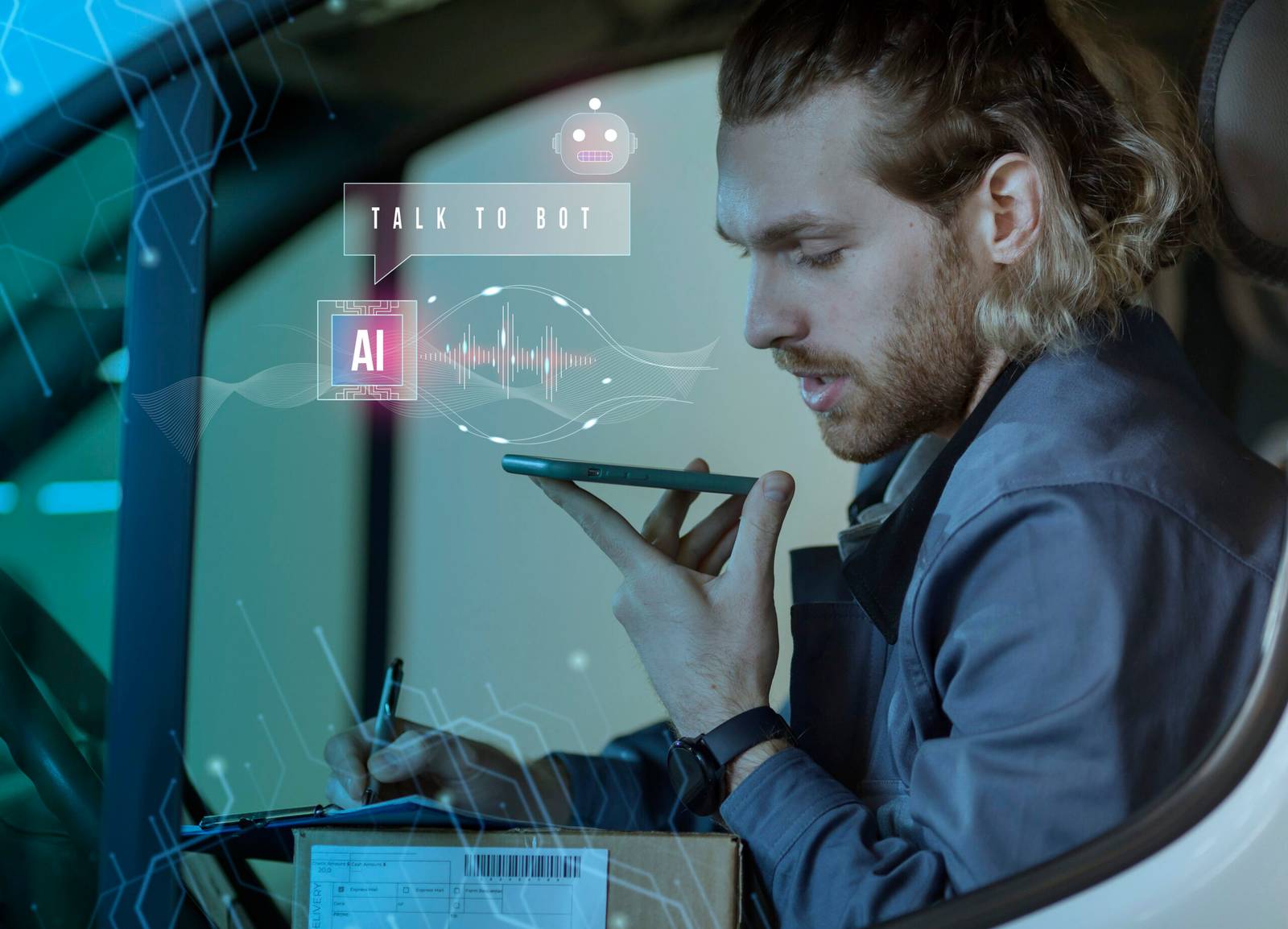AI in Renewable Energy Management

by Web Digital
The marriage of artificial intelligence (AI) and renewable energy management heralds a transformative era in sustainable power utilization. This article explores the profound impact of AI on renewable energy, examining applications in energy production, grid optimization, and resource efficiency.
Optimizing Energy Production:
AI plays a pivotal role in enhancing the efficiency of renewable energy production. Machine learning algorithms analyze weather patterns, historical data, and real-time variables to optimize the operation of solar panels, wind turbines, and other renewable sources. Predictive models enable better energy yield forecasts, allowing for proactive adjustments and maximizing the output of clean energy systems.
Smart Grids and Grid Optimization:
The integration of AI into energy grids transforms them into smart grids capable of self-monitoring and self-regulation. AI algorithms analyze data from various sources, including IoT devices and sensors, to balance energy supply and demand in real-time. This not only enhances grid reliability but also facilitates the seamless integration of intermittent renewable energy sources, mitigating the challenges of variability and unpredictability.
Energy Storage and Demand Response:
AI contributes to optimizing energy storage systems, a critical component for renewable energy integration. By analyzing consumption patterns, AI algorithms predict peak demand times and optimize energy storage strategies accordingly. This enables efficient use of stored energy during high-demand periods, reducing stress on the grid and supporting demand response initiatives.
Predictive Maintenance for Infrastructure:
AI-driven predictive maintenance ensures the longevity and reliability of renewable energy infrastructure. Sensors and IoT devices collect real-time data, which AI algorithms analyze to predict potential equipment failures. This proactive approach minimizes downtime, reduces maintenance costs, and prolongs the lifespan of renewable energy assets.
Machine Learning in Energy Efficiency:
Machine learning applications contribute significantly to improving energy efficiency in various sectors. In buildings, AI algorithms analyze occupancy patterns, weather conditions, and energy consumption data to optimize heating, cooling, and lighting systems. This leads to substantial energy savings, contributing to overall resource efficiency.
Decentralized Energy Management:
AI facilitates decentralized energy management, empowering individual users to actively participate in energy markets. Blockchain, often coupled with AI, enables transparent and secure energy transactions. Consumers can sell excess energy generated by their solar panels back to the grid, fostering a more decentralized and resilient energy ecosystem.
Challenges and Solutions:
While AI brings numerous benefits to renewable energy management, challenges exist. Issues such as data privacy, cybersecurity, and the ethical use of AI in decision-making require careful consideration. Addressing these challenges involves developing robust regulations, ensuring transparency, and fostering responsible AI practices within the renewable energy sector.
Global Impact and Future Trends:
The global impact of AI in renewable energy extends beyond individual projects. AI contributes to achieving broader sustainability goals by improving the efficiency and reliability of renewable energy systems. As technology continues to evolve, future trends may include the integration of AI with emerging technologies such as 5G, edge computing, and advanced materials, further enhancing the capabilities and scalability of renewable energy solutions.
Conclusion:
In conclusion, the synergy between AI and renewable energy management represents a paradigm shift in how we harness and utilize clean energy. From optimizing energy production and grid operations to enabling decentralized energy transactions, AI is a driving force behind the transition to a more sustainable and resilient energy landscape. As we embrace the future of AI in renewable energy, it is crucial to prioritize ethical considerations, data security, and collaborative efforts to ensure that these technologies contribute positively to the global pursuit of clean, accessible, and efficient energy sources. The journey towards a sustainable future is not only about harnessing renewable energy; it is also about leveraging the power of artificial intelligence to propel us into an era of greener and smarter energy management
Recommended Posts

The Role of AI in Canadian Digital Marketing
September 23, 2025

5 Digital Marketing Trends in Canada for 2025
September 23, 2025

Creating a Cohesive Visual Identity for Your Canadian Brand
September 16, 2025
